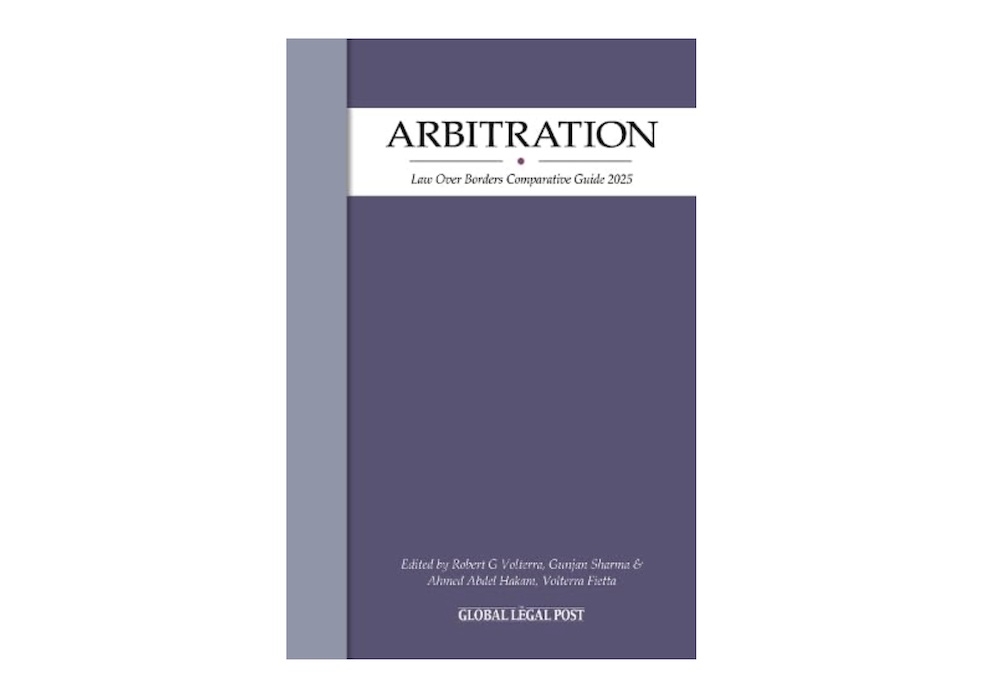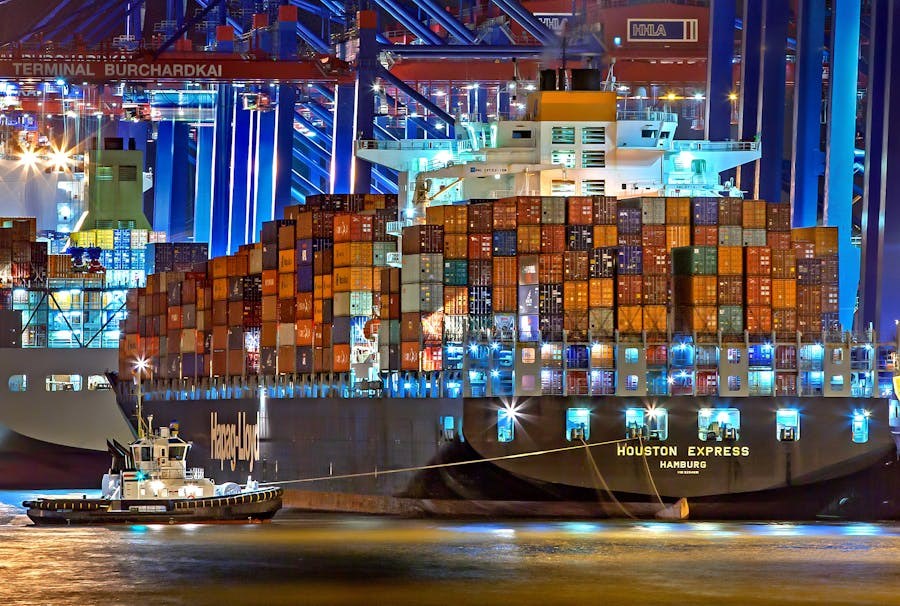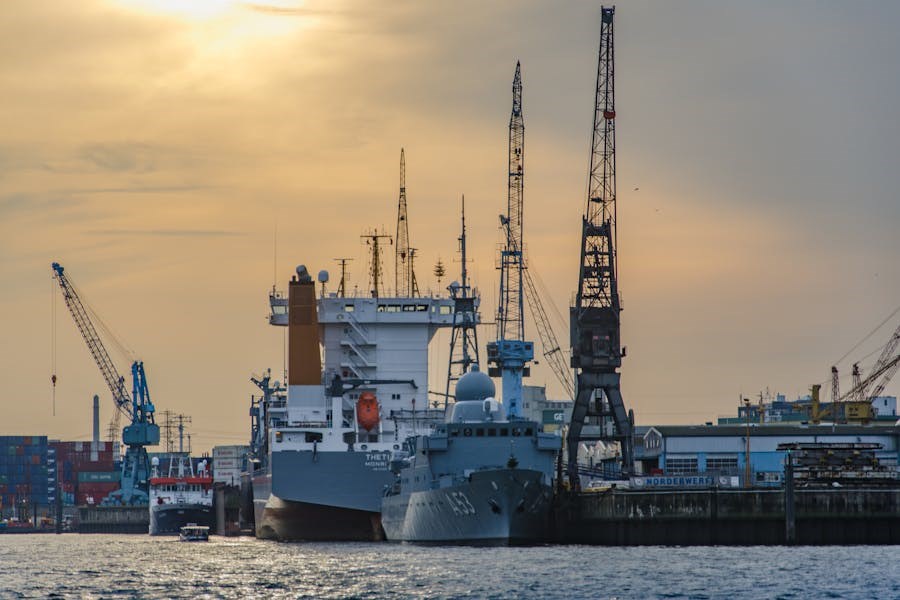More Client Alerts

Publication of Law Over Borders: Arbitration Guide, edited by Volterra Fietta Partners Ahmed Abdel-Hakam, Gunjan Sharma and Robert G Volterra
The second edition of the “Law over borders: Arbitration Guide” has been released by the publishers. The Guide is edited by Volterra Fietta Partners Robert G Volterra, Gunjan Sharma and Ahmed Abdel-Hakam.
Learn more
Revamping India’s Model Bilateral Investment Treaty
Nearly ten years after its 2015 Model Bilateral Investment Treaty was released, India is now set again to revamp its approach to bilateral investment treaties (“BITs”) – this time, in order better to attract and incentivise inbound foreign investment.
Learn more
International Maritime Organization approves new net-zero regulations for global shipping
In April 2025, after nearly 10 years of negotiations, the International Maritime Organization (the “IMO”) approved new net-zero regulations for global shipping.
Learn more
Estonia, Finland, Latvia and Lithuania set to become first States to exit global land mines treaty
Between April and June 2025, the Parliaments of Estonia, Finland, Latvia and Lithuania each voted to approve their country’s exits from the 1997 Convention on the Prohibition of the Use, Stockpiling, Production and Transfer of Anti-Personnel Mines and on their Destruction (the “Ottawa Convention”).
Learn more